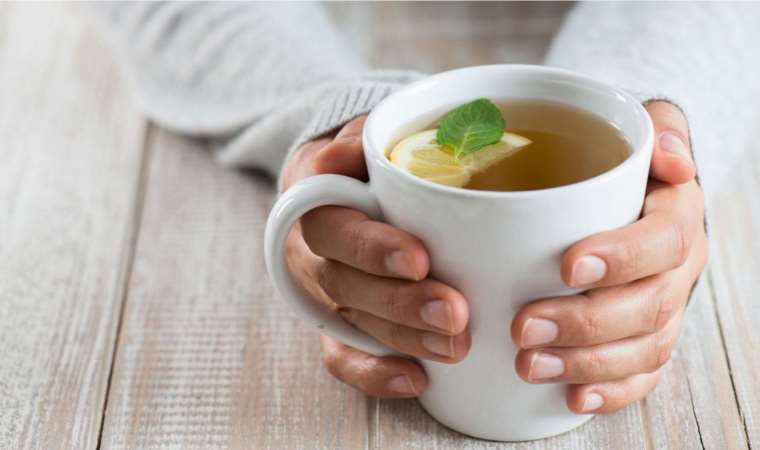10 Usage Forms of Turkish Rose
Turkish rose, also known as Rosa damascena or Damask rose, is a beautiful and aromatic flower that is widely used in various forms for culinary, cosmetic, and therapeutic purposes.

The turkish rose is celebrated for its enchanting fragrance and lush, velvety petals. Grown primarily in the Isparta region of Turkey, it is renowned for producing some of the world's finest rose oils and rose waters. The Turkish rose holds a special place in Turkish culture, symbolizing love, beauty, and grace, and its delicate aroma has been cherished for centuries, leaving a lasting impression on those who encounter it.
Here's ten common usage forms of Turkish rose:
1. Rose Water (Gül suyu)
Rose water is a fragrant water made by distilling Turkish rose petals. It is commonly used in Turkish and Middle Eastern cuisines to add a delicate floral flavor to desserts, beverages, and savory dishes.
2. Rose Essential Oil
Rose essential oil is extracted from Turkish rose petals through steam distillation. It is highly valued for its pleasant scent and is often used in aromatherapy to promote relaxation and reduce stress.
3. Rose Oil (Gül yağı)
Rose oil is a more concentrated form of rose essential oil, often used in perfumery and skincare products for its lovely fragrance and skin-soothing properties.
4. Rose Petal Jam (Gül reçeli)
Rose petal jam is a traditional Turkish delicacy made from rose petals, sugar, and lemon juice. It has a delightful floral taste and is often enjoyed with bread, pastries, or yogurt.
5. Rose Tea (Gül çayı)
Dried Turkish rose petals can be used to make fragrant and soothing rose tea, which is known for its potential health benefits, such as aiding digestion and boosting the immune system.
6. Rose-flavored Delights
Turkish rose is used to flavor a wide range of sweets and desserts, including lokum (Turkish delight), baklava, cakes, pastries, and puddings.
7. Rose-infused Beverages
Rose syrup or rose concentrate is used to add a unique floral taste to various beverages, including lemonades, cocktails, and herbal teas.
8. Rose Face Masks and Beauty Products
The beneficial properties of Turkish rose make it a popular ingredient in skincare products like face masks, toners, moisturizers, and serums, known for their hydrating and soothing effects on the skin.
9. Rose Perfumes
The enchanting aroma of Turkish rose makes it a prized ingredient in high-quality perfumes and fragrances.
10. Rose Potpourri and Decorations
Dried rose petals are used to make potpourri, which adds a sweet and pleasant fragrance to homes and spaces.
Turkish rose has been cherished for centuries not only for its beauty but also for its versatility and numerous beneficial properties. Whether in culinary delights, beauty products, or aromatic applications, Turkish rose continues to captivate people worldwide.
Most Read News
-
 Sanctioned tankers leave Venezuela as US tightens oil bl
Sanctioned tankers leave Venezuela as US tightens oil bl
-
 Spain says Venezuela’s natural resources belong to its p
Spain says Venezuela’s natural resources belong to its p
-
 US officials say raid to capture Venezuela’s Maduro left
US officials say raid to capture Venezuela’s Maduro left
-
 Venezuela opposition leader Machado pushes leadership cl
Venezuela opposition leader Machado pushes leadership cl
-
 Israel issues tender to build over 3,400 settler homes i
Israel issues tender to build over 3,400 settler homes i
-
 NATO chief welcomes progress on securing 'end to Ukraine
NATO chief welcomes progress on securing 'end to Ukraine
-
 US demand for exclusive oil partnership with Venezuela a
US demand for exclusive oil partnership with Venezuela a
-
 US forces attempt to board Russian-flagged oil tanker in
US forces attempt to board Russian-flagged oil tanker in










